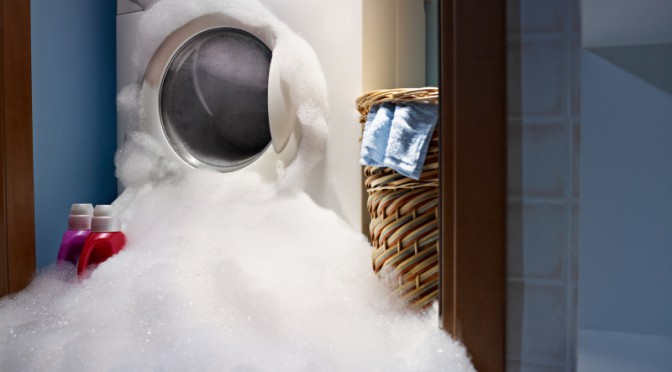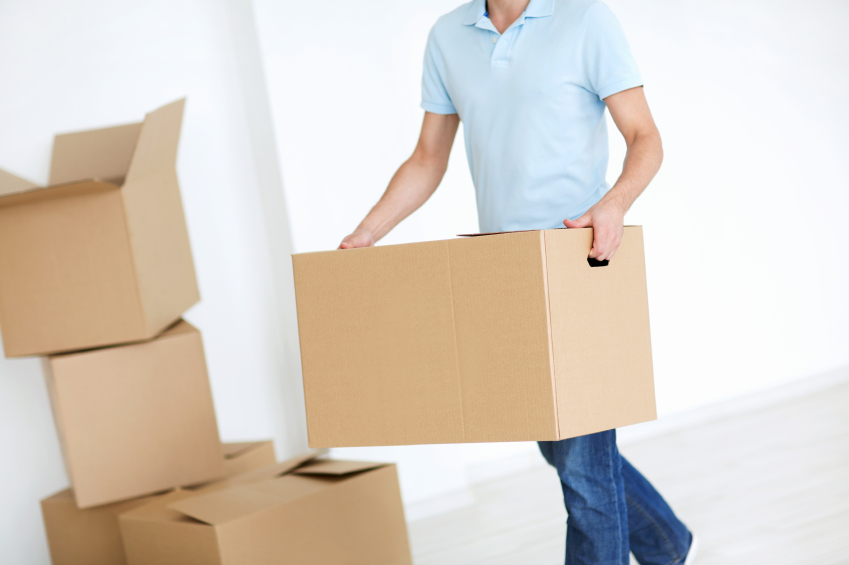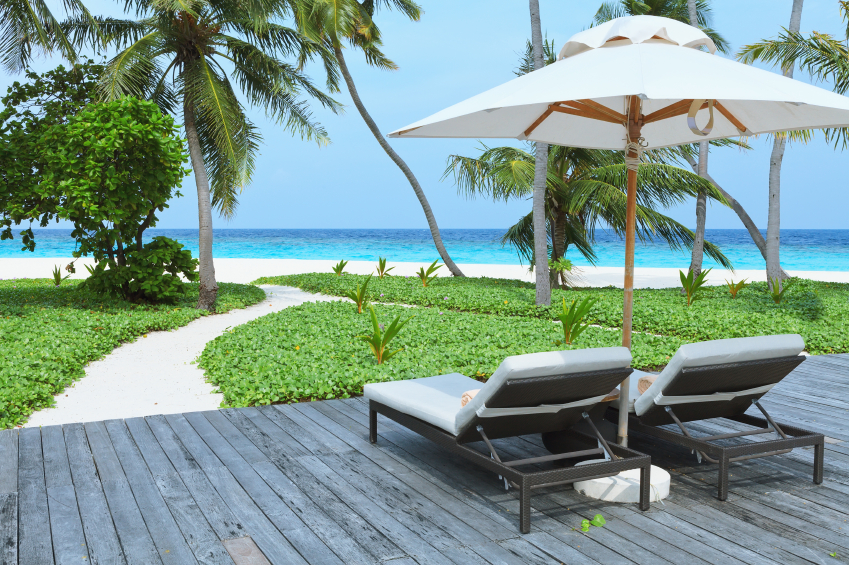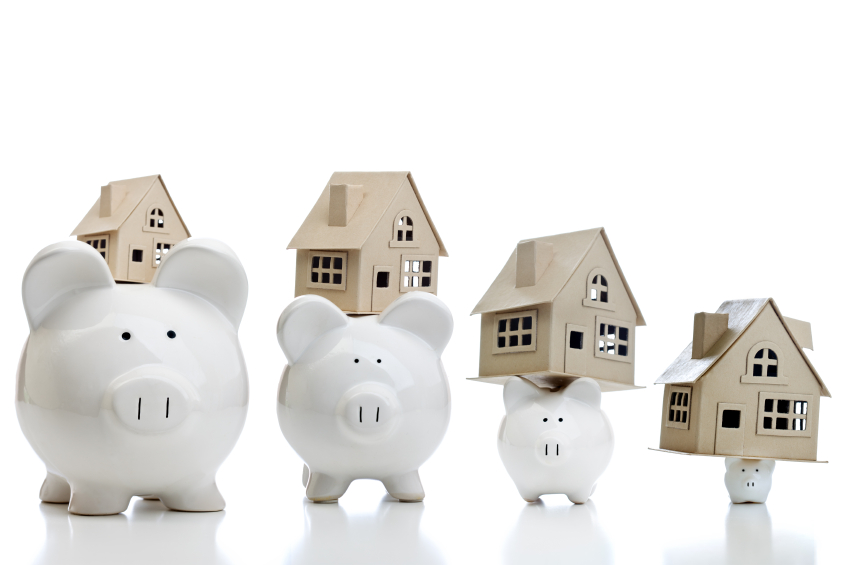Are you a first-time buyer hoping to find your dream home? Stop and take a look at the common mistakes of first-time buyers so that you don’t get trapped.
Not thinking long term
Your family will grow and your needs will change. Clearly determine your needs by thinking long term. Moving is expensive, so ideally you should avoid moving too often.
Not budgeting for all home ownership costs
When you purchase your first home, you need a comprehensive budget that takes into account all the costs associated with this major transaction. You should make provisions for inspection and notary fees, moving expenses, home improvements (painting, decorating, accessories, etc.), furniture, equipment, transfer costs, municipal and school taxes, insurance, maintenance, etc.
[caption id="attachment_11746" align="aligncenter" width="580"]
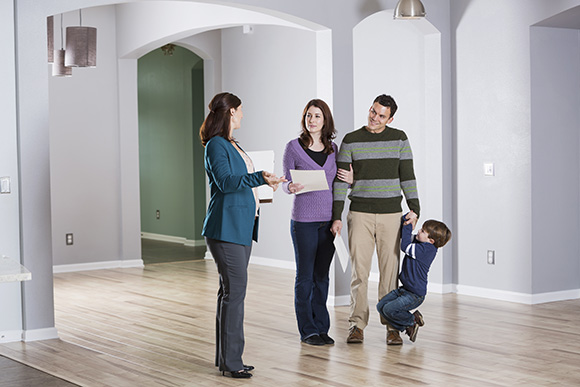
iStockphoto[/caption]
Getting caught up in looks
All too often, first-time buyers are swept away by the cosmetics of a property. Staging a home can definitely make it more appealing. It enhances the overall look and feel of the property and makes a fantastic first impression on visitors. However, don’t be distracted by furniture and décor. You need to objectively assess a property’s potential; otherwise you could miss out on a great opportunity.[……]
Read more
 iStockphoto[/caption]
iStockphoto[/caption]
